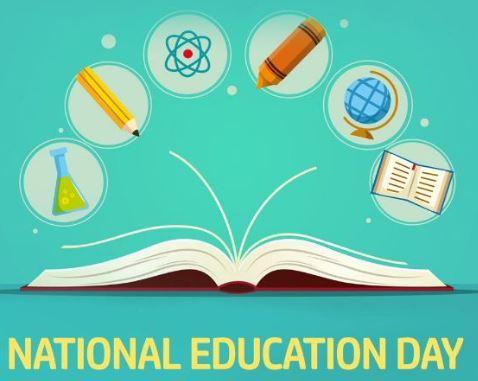Every year on November 11, India celebrates National Education Day, marking the birth anniversary of Maulana Abul Kalam Azad, a towering figure in India’s independence movement and the nation’s first Education Minister. As a scholar, freedom fighter, and visionary, Maulana Azad believed education was the cornerstone of progress and equality. His contributions laid the foundation for India’s educational system and his vision continues to guide us even today.
The Legacy of Maulana Abul Kalam Azad
Maulana Azad, whose life was dedicated to fighting for India’s freedom, strongly believed in education as a means to empower individuals and build a modern, self-reliant nation. He spearheaded initiatives to improve access to education for all sections of society, emphasizing inclusivity and equity. Under his leadership, institutions like the Indian Institutes of Technology (IITs) and the University Grants Commission (UGC) were established, fostering a system that nurtured talent and promoted scientific and technical advancements.
Azad’s vision extended to ensuring education for women and marginalized communities, viewing it as the path to their empowerment. He believed that true freedom would be achieved only when knowledge could be accessed equally, regardless of caste, creed, or gender. This vision continues to inspire educational reforms and initiatives aimed at universal education today.
The Importance of National Education Day
National Education Day is more than just a day of remembrance; it is a reminder of the transformative power of education. Schools, colleges, and universities across the country celebrate this day by conducting seminars, debates, essay competitions, and exhibitions to promote the values of education, inclusivity, and innovation. The day serves as a reminder that education is essential for personal growth, social development, and national progress.
Moving Forward with Education
Today, as we celebrate National Education Day, we reflect on the immense value of education as a tool for change. While significant strides have been made in expanding access to education in India, challenges remain, including improving the quality of education, addressing dropout rates, and adapting to modern technological needs. By investing in education, fostering critical thinking, and promoting values of inclusivity, we can shape a generation that is not only skilled but also empathetic and aware of its role in society.
As Maulana Azad once said, “Education imparted by heart can bring revolution in society.” Let us all take this message forward, striving to make education a force for unity, progress, and social justice.

